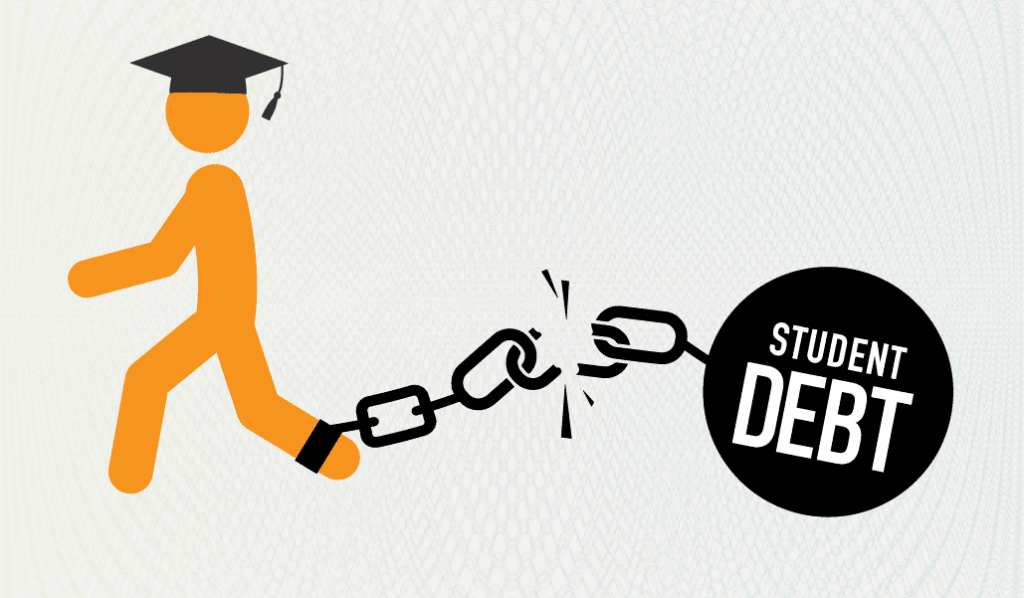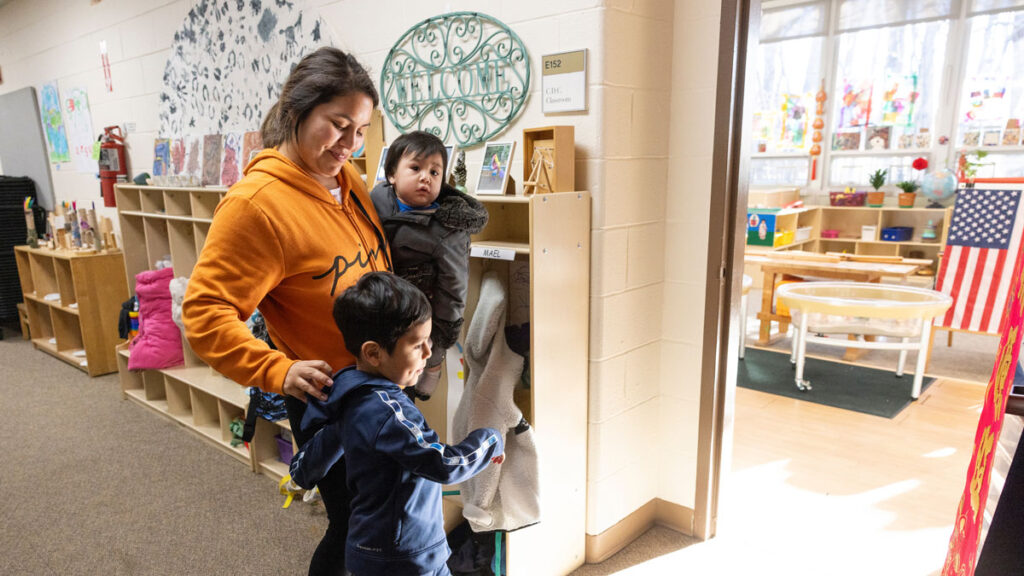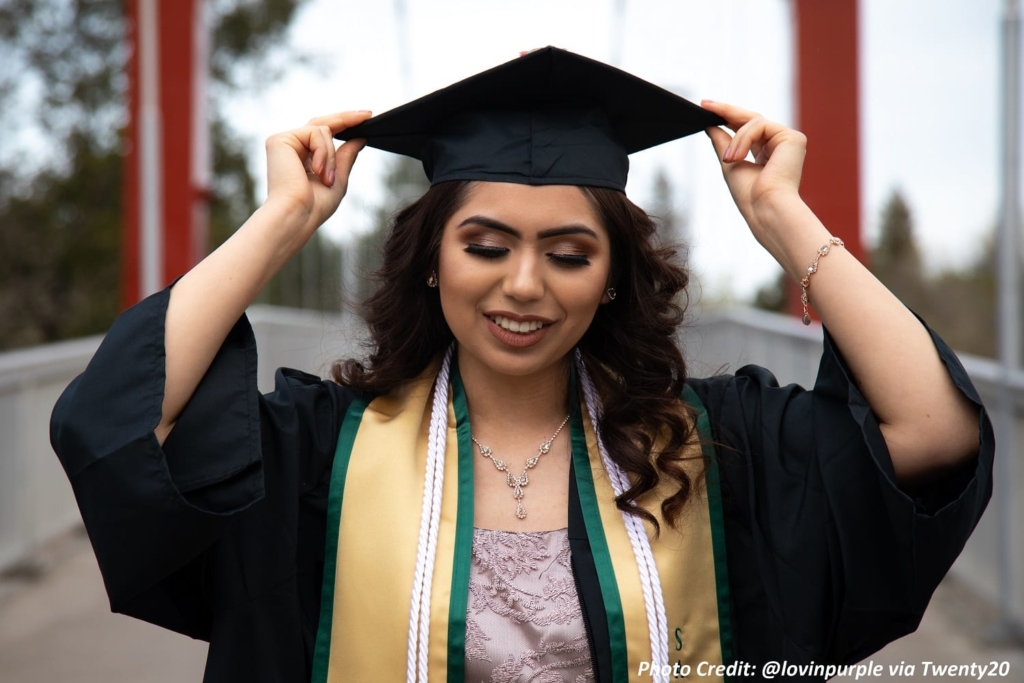On two consecutive days in June, the Supreme Court delivered devastating blows to federal education equity efforts aimed at helping students of color and students from low-income backgrounds earn their college degrees. First came the elimination of affirmative action. Then, President Biden’s student debt relief plan was defeated. In both cases, the court ignored the crushing effects of systemic racism in higher education. These decisions will have serious repercussions for students of color, who have historically been underrepresented in higher education, and could widen the gap between the privileged and marginalized and perpetuate racial educational inequality and injustice.
Needless to say, I am disappointed and disheartened by the court’s decision to reject President Biden’s plan, as I was counting on relief. Under Biden’s plan, I would have qualified for $20,000 in student loan debt forgiveness, which would have cut my debt-to-income ratio and improved my credit score, which has suffered because of my student loan debt. It would have allowed me to save something for emergencies and my future and help my family. I would have been able to explore a broader range of career options and jobs outside the low-paying public sector, which are a prerequisite for Public Service Loan Forgiveness. The court’s rejection of student loan forgiveness means that, unless I return to school, I’ll need to start making payments in October. So, I’m staying in school and pursuing a doctorate in public health, in small part, for that reason.
It’s not the only reason. I’m a true believer in the power and pursuit of education. But, in the U.S., the cost of going to college has risen significantly over the last decade. Some colleges now cost $95,000 per year, and student loan debt exceeds $1.7 trillion. And Black borrowers are particularly burdened by student debt. Compared to their White counterparts, Black students are more likely to borrow to finance their education, carry more debt, and struggle with repayment for longer because they have less household wealth and lower earnings. An estimated 8.5 million Black Americans have student loans, and they owe nearly $53,000, on average, after graduation. Black students make up only 14% of the college-age population, but they take on 25% of all federal student loans. Black women are the most likely to have student debt and graduate with an average of $38,800 in federal undergraduate loans, which is higher than any other student group. Black women who graduate from graduate school owe over $58,252, on average, in student loan debt. They’re also more likely than any other group to default on their loans. As a result, many Black women may not be able to achieve their financial goals. I am one of these women.
Why I Took Out Student Loans
Growing up in a small town in Mississippi, I didn’t see dentists or doctors who looked like me. I also wanted to build generational wealth for my family. So, after receiving a bachelor’s degree in biology, I enrolled in dental school. Because of the high cost, I relied on student loans. At the time, I was confident that I’d be able to repay my loans with a high-earning dentist’s salary. But after I failed two courses and was dismissed from dental school, I realized that I had over $100,000 in student loan debt and nothing to show for it and I fell into a deep depression. Feeling like a failure, I refused to return to my hometown; I took a job in a call center just to get by. Six months later, I was notified that I’d soon have to begin repaying my student loans. With a sense of panic, I contacted anyone who might be able to assist me in handling such a huge financial burden. Unfortunately, I didn’t qualify for Public Service Loan Forgiveness (PSLF), a federal program that forgives the remaining balance of student loans for public servants employed in government or nonprofits, if they’ve made 120 payments on time. Not long thereafter, the Covid-19 pandemic hit, and the temporary payment pause went into effect.
During that time, I decided to become a high school biology teacher; I had a bachelor’s degree in biology, and I would pursue a master’s degree in public health, which became my passion. Could I afford an advanced degree? No, but I couldn’t afford not to get one. Having an advanced degree would improve my chances of landing a high-paying job, and I could defer my loans while in grad school. So, I took out more student loans. After completing my master’s degree — I landed an adjunct position at a community college teaching health in the fall of 2021. Inspired by my Black women colleagues, I decided to pursue a doctorate degree in public health, so I could obtain a higher-paying leadership role in public health and academia. I am currently working on my doctoral degree, but this time, I’m relying on scholarships (which are extremely limited for graduate students), fellowships, and employee tuition remission (fortunately, I got a job at the university I’m attending), and I’m paying the rest out of pocket. Although I have, at times, regretted adding more loans to my already high student loan balance, having a master’s degree has already opened doors to better opportunities — such as my adjunct teaching role — and better pay. Because I have an advanced degree, I qualified for a pay scale increase as a high school teacher. And, let’s face it, more and more jobs require an advanced degree, especially those I am interested in. I’m hoping a doctorate will open even more doors for me.
Unfortunately, I now have nearly $200,000 in student loans, and this debt will loom large for the foreseeable future. The stress and anxiety associated with mounting student loan debt have adversely affected my physical and mental health. For the past five years, I have been in and out of therapy and taking prescription medications for depression and anxiety. The temporary pause in student loan repayment during the pandemic was a huge relief, but now that payments are resuming, the stress is back, and my hope that some of my student debt would be canceled has been stripped away.
How Student Loan Debt Impacts Black Women Borrowers
I’m hardly alone. Given the weight of existing student debt and limited prospects for relief, many borrowers are rightly worried that their financial burdens will become insurmountable. Furthermore, the Supreme Court’s rejection of student loan forgiveness reinforces systemic racism and existing educational disparities. That’s nothing new, but the impact will likely be worse for Black women, who are among the most educated groups in the U.S. but, because of racial and gender pay gaps, have the hardest time paying down student debt. As a result of this decision, Black women may decide to forgo a higher education and have more limited opportunities for upward mobility.
Those who go to college and graduate despite the cost may be compelled to take lower-paying jobs and sacrifice their professional growth to qualify for PSLF, as I have. Perversely, this perpetuates the wage gap, which disproportionately hurts Black women and Black communities, since Black women are often the backbone of those communities.
All this highlights the urgent need for comprehensive solutions to address the student debt crisis, especially for marginalized groups like Black women. Fortunately, the court’s decision may not be the end of the Biden administration’s relief efforts. President Biden announced that he’s working on a backup plan for student loan forgiveness that will lower income-driven repayment plans to as low as $0 per month and allow borrowers to receive cancellation after 10 years. Let’s hope it’s successful. In the meantime, borrowers like me can apply for income-driven repayment (IDR) plans and other loan forgiveness programs, such as PSLF or teacher loan forgiveness, and hope for the best. And advocacy for equitable policies, increased access to education, and targeted financial support must go on, as they are vital for dismantling barriers and creating a more just and inclusive society.
Deiondria Lee-Sanders was a communications intern and is a doctoral student in public health at Jackson State University







